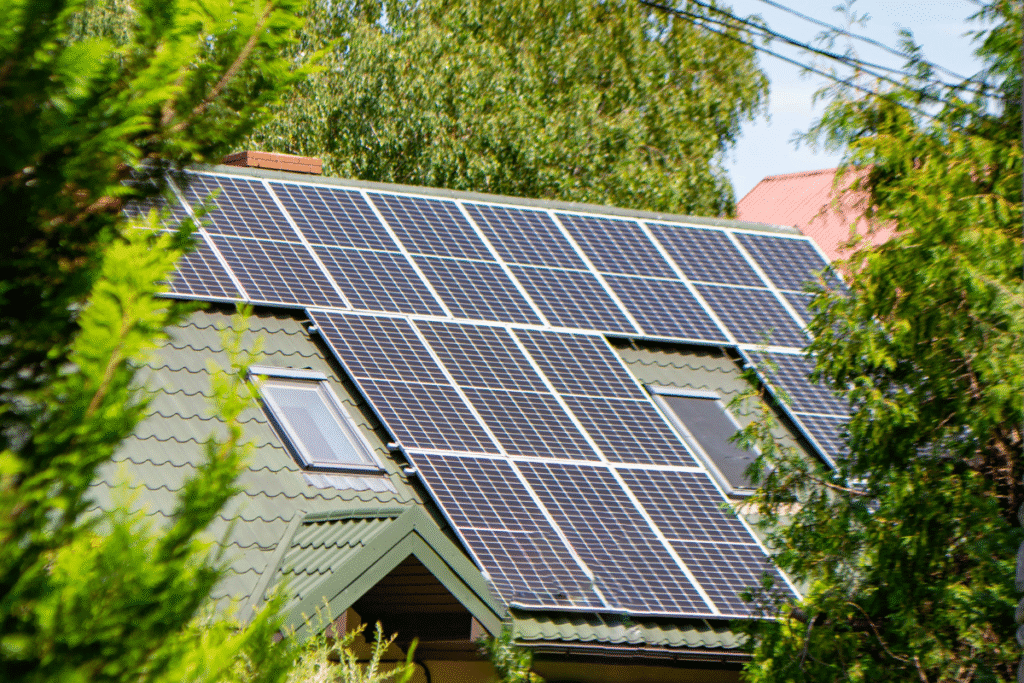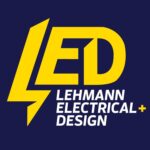Solar energy systems convert sunlight into electricity to offer homeowners and business owners a renewable source of energy. It saves money by becoming an alternative to utility-supplied power. Besides, it reduces the carbon footprint in the environment. As solar energy becomes more affordable and popular, people are in doubt whether it is a good or bad thing to buy.
Well, the decision does not only rely on environmental ethics or money saving. It relies on purchased value, long-term investment, monthly energy savings, installation costs, system durability, sunlight exposure, and technological reliability. If everything goes well, it will be a good thing to buy. If not, it will not be a good thing to buy.

What Does Buying Solar Energy Actually Mean?
Buying solar energy means getting access to solar electricity through different ownership models. You can install solar panels on your rooftop for home or commercial use, purchase solar power from a third party, or lease the systems in return for a monthly payment.
How does solar energy work for your home?
The photovoltaic cells inside the solar panels absorb sunlight and convert it into electricity. When sunlight falls into the cells, it generates (DC) direct current. A converter then converts the DC into usable AC. The AC powers the entire house or business.
Advantages of Using Solar Energy
Reduced your monthly energy Bills
Using solar panels for electricity will decrease monthly electricity expenses significantly. In high-sunlight areas, they can offset 100% of electricity charges. You can save a lot of money by using solar energy.
Federal and Local Tax Incentives
You can enjoy up to 30% tax benefits from the U.S. federal government for the solar energy system. It reduces system cost by thousands of dollars. You can even get performance-based incentives and property tax exemptions in some states.
Increased Home/Property Value
Different studies show that properties with solar energy sell more and faster than properties without solar energy. It can increase your property value up to 4%. That means for a $50,0000 home, the value will increase by $20,000. Buyers are attracted to properties with lower utility bills and more green energy.
Low Maintenance Costs
Solar panel systems do not require much maintenance since they have no moving parts. You need to simply clean the panels and replace the inverter occasionally. The annual cost for maintenance will be $100-$300. Many suppliers offer 20-30 years of warranties for the system.
Renewable and Sustainable Energy Source
Solar energy is a natural source of energy, and it is infinite and consistent. This will deplete with time, unlike fossil fuels, and it does not need extraction from the mine. The Earth receives enough energy for humankind for a year in an hour, making it the most sustainable and long-term energy solution.
Zero Greenhouse Gas Emissions
The Solar panels use sunlight to generate electricity. Thus, it does not pollute the air or the environment. You can easily offset 100 tons of CO₂ in 25 years using solar energy, which is equivalent to planting over 2,000 trees.
Energy Independence from Utility Companies
You can be free from centralized power grids and utilities with solar energy since it generates its own electricity. Yes, most homeowners cannot generate 100% of the electricity for their needs. However, you can cover up to 70% of electricity with battery storage.
Net Metering Benefits
You can generate more solar energy than you need and contribute to the grid electricity with a metering policy. It allows you to earn credit on utility bills. It can reduce your payback period and maximize financial returns for homes with low energy needs.
Green Home Certifications
Green home certifications are provided to houses with solar systems. You can get LEED or Zero Energy Ready Home certification with solar panels. These certifications will increase your property value to a great extent.
Suitable for Remote Areas
You can enjoy a full off-grid power supply in remote areas with solar systems. All you need is a battery to store the energy.
Downsides of Solar Energy
High initial Cost
The installation cost of a residential solar system is between $14000-$29000. It creates a financial barrier to many homeowners and business owners. You need to pay the cost for panels, inverters, labor, and permits.
Weather-Dependency
Solar energy solely depends on sunlight. Cloudy weather, snow, and rain can reduce energy production by 20%-80%. Energy production also drops during winter months due to shorter days. Consequently, solar energy is not suitable as a primary energy source for many regions.
Not suitable for all Areas
If you have shading from higher buildings, chimneys, high trees, or even other panels, it can reduce the energy production. Partial shading can reduce the efficiency as well.
Energy Storage (Battery) Adds Extra Cost
You need battery storage to use solar power at night or during outages. It will add some extra cost. A good battery like the Tesla Powerwall can cost $8,000 to $14,000.
Long Payback Period
Despite monthly utility savings, it might take 5-10 years to reach breakeven. The time increases in areas with less sunlight.
Requires Adequate Roof Space or Land
You need enough roof space or open land to install solar panels. Small or shaded areas are not suitable for solar panels.
Performance Degradation Over Time
Solar panels start to degrade after a few years. You will see a 10–20% drop over 25 years. It impacts the savings.
May Not Eliminate Electricity Bills Completely
Most homes cannot be covered with solar panels. You still need grid electricity to cover your home needs. That means you must pay the minimum service charges.
Cost Analysis of a Solar Panel
The monthly bill for solar panels is between $164 and $229. But this is not like your regular utility bill. We calculate this amount by measuring the loan, depreciation, utility charges, or lease fees. When it comes to saving, you can save $600 to $2,100 every year on regular electricity. This highly depends on the location, system size, and energy uses. That means you can save around $15,000 to $50,000 in 25 years. Most homeowners reach breakeven within 5-10 years..
So, are solar panels a good investment?
The solar panels will be a good investment with a 6-10 year breakeven period, $15,000 to $50,000 potential savings over 25 years, and a 30% federal tax credit. Besides, it will increase the property value. However, high upfront costs, weather dependency, and roof suitability create an early barrier to many homeowners. If you have enough investment to make and have good space for installation, solar panels can be an excellent investment. It will be a good long-term investment for you with minimum maintenance and environmental benefits.
Who Should and Shouldn’t Buy Solar Energy?
People living in high-electricity-cost states like California, Hawaii, New York, or Massachusetts can greatly benefit from solar energy. Besides, people with suitable south-facing roofs or land can use the space for solar panels. Moreover, long-term residents planning to live in a place for more than 10 years can consider this. Environmentally conscious people, households with high energy consumption, financially stable buyers, residents in areas with strong incentives, and off-grid or disaster-prone area residents must try this.
On the other hand, short-term residents, homeowners in low-sunlight areas, unsuitable properties, low-energy users in low-cost electricity areas, financially constrained households, and homeowners in HOA-restricted or historic districts should not install it.
Is it good to have solar panels on your house?
Yes, having a solar panel can reduce your grid energy consumption, save monthly utility bills, provide tax credit, and boost property values. Besides, it allows you to contribute to making the world a carbon-free space.
Factors to consider while buying solar energy
- Calculate the upfront cost before incentive and financing options.
- Check for federal tax credit, net metering policies, and state rebates.
- Ensure enough sunlight exposure to your roof or wherever you want to install the panels.
- Measure the right size to cover your home needs.
- Budget $150-$300 for maintenance costs every year.
- Calculate ROI; staying 7+ years will help you get the principal amount.
- Hire a good contractor to install your solar panel systems.
- Purchase solar panels with a 20-25-year warranty.
- Check the HOA rules before installing.
Learn More About Solar Panels
How a solar heating system works
How is solar heating used in households
If you are still confused about Is Solar Energy A Good or Bad Thing to Buy then contact Lehman Electrcial we will guide you all the pros and cons and you can decide to buy or not.
